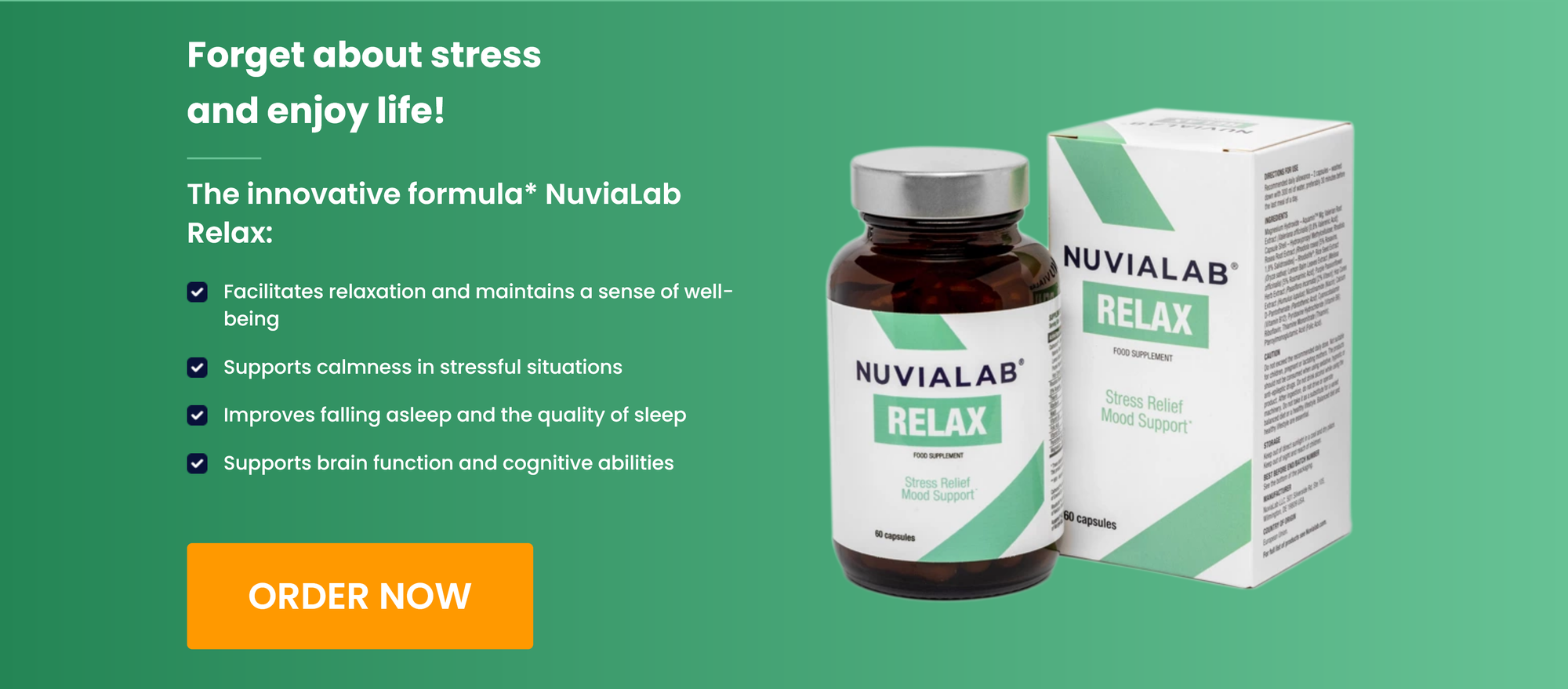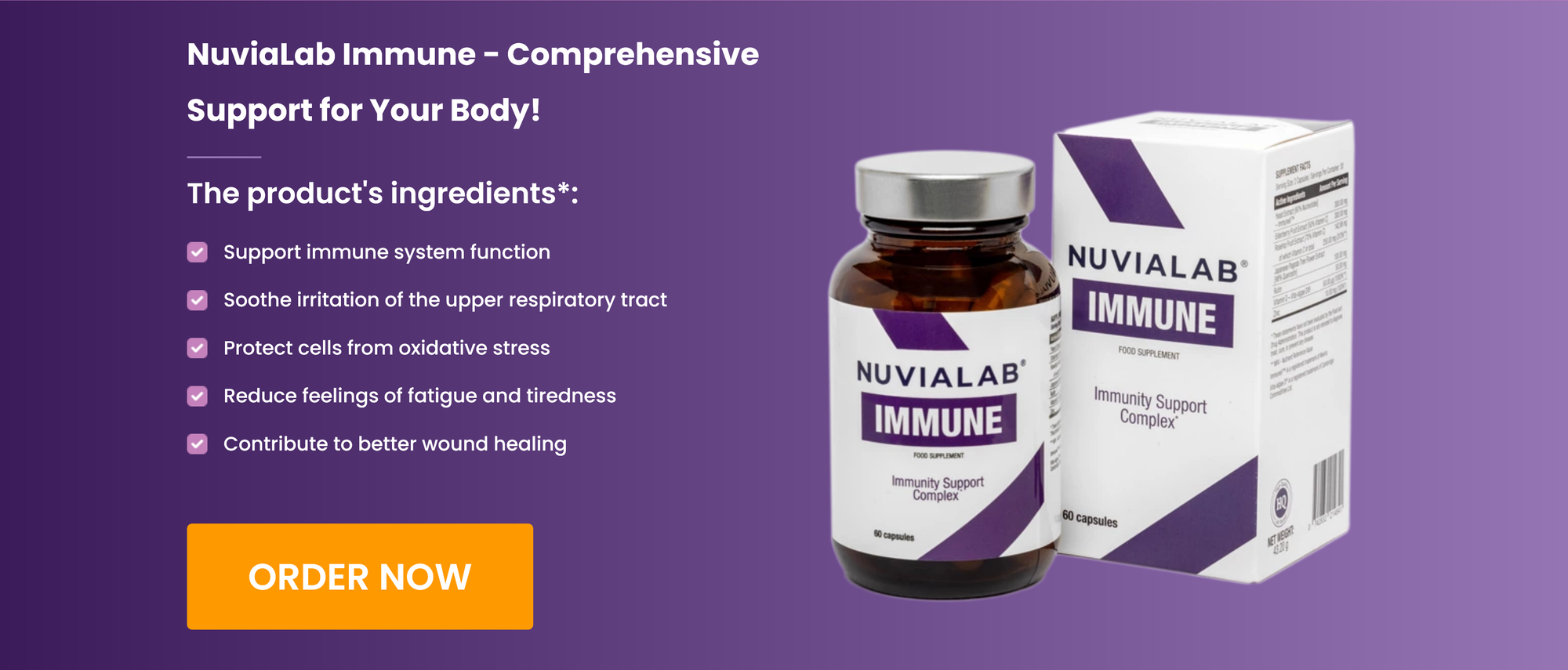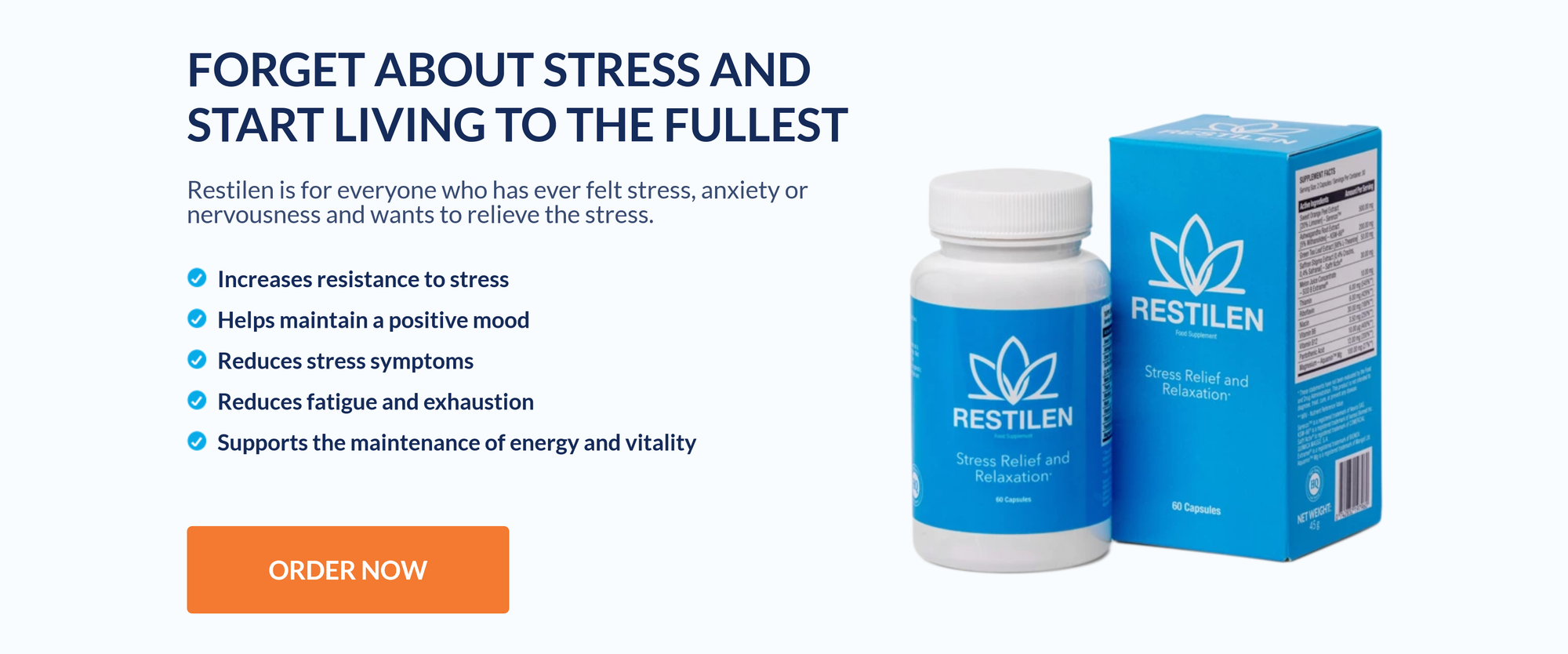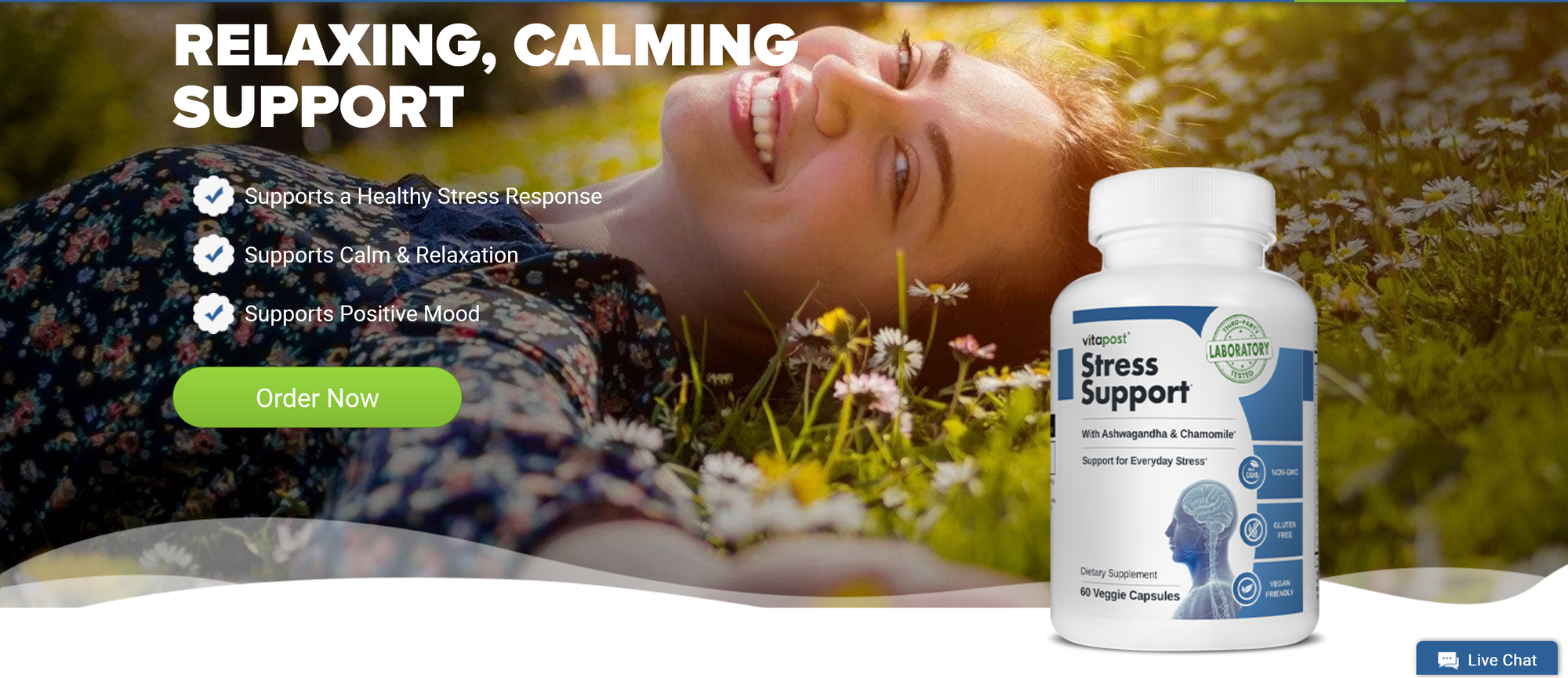Unlocking Inner Harmony: Harnessing the Power of Your Pineal Gland for Optimal Mental Well-being

Hey there, fellow soul searcher! Today, let's embark on a journey to unlock the secrets of cultivating good mental health and discover how to activate your pineal gland. Whether you're battling with stress or anxiety, or just seeking to enhance your emotional well-being, I'm here to guide you through some practical strategies that can make a real difference in your life.
Understanding Mental Health Assistance:
First things first, let's talk about mental health assistance. It's essential to recognize that seeking help is not a sign of weakness but rather a brave step towards self-improvement. Whether you're dealing with stress management, anxiety, depression, bipolar disorder, or PTSD, know that you're not alone on this journey.

Pineal TX
Your pineal gland, often referred to as the mystical third eye, awakens to its full potential, releasing crucial hormones for your well-being and internal healing.
Once you activate your pineal gland, you will be able to effortlessly attract wealth and abundance, for the rest of your life! You won’t believe how simple it is to do, right from the comfort of your home.
Embracing Coping Strategies:
One powerful tool in our mental health toolkit is coping strategies. These are the techniques and practices we use to navigate life's challenges. One approach that's been incredibly effective for many is Cognitive Behavioral Therapy (CBT). CBT helps us identify and change negative thought patterns, leading to more positive emotions and behaviours.
- Navigating Stress and Anxiety: My Personal Guide to Finding Peace
Let's dive deep into something we all face at some point or another: stress and anxiety. Yep, those pesky companions that can sneak up on us when we least expect it. But fear not, because I've got some tips and tricks up my sleeve to help us all manage these unwelcome guests and find a little more calm in our daily lives.
First things first, let's talk about what stress and anxiety actually are. Stress is our body's natural response to any kind of demand or threat, whether real or perceived. It's that feeling of being overwhelmed, whether it's from work deadlines, relationship issues, or just the general chaos of life. Anxiety, on the other hand, is a more persistent feeling of worry or unease, often accompanied by physical symptoms like a racing heart or sweaty palms.

NuviaLab Relax
The NuviaLab Relax innovative formula is designed for anyone who has ever felt stress, anxiety, irritability and would like to live life to the fullest.
The active ingredients of the product help to improve mood, support the body in states of emotional tension and have a positive effect on sleep. NuviaLab Relax helps to increase the quality of sleep and to wake up feeling rested, which is essential for the proper functioning of the body.
Now, onto the good stuff: how do we deal with these feelings when they inevitably rear their heads? Well, here are:
5 strategies that I've found to be super helpful in my own journey:
- Mindfulness and Meditation: Taking some time each day to simply be present can work wonders for calming a busy mind. Whether it's through formal meditation or just focusing on your breath for a few minutes, permitting yourself to slow down can make a world of difference.
- Exercise: Ah, good ol' exercise – nature's stress reliever! Whether it's going for a run, hitting the gym, or even just taking a brisk walk around the block, getting your body moving releases those feel-good endorphins and can help clear your mind.
- Healthy Habits: Taking care of your body is key to taking care of your mind. Eating nutritious foods, getting enough sleep, and avoiding excessive caffeine and alcohol can all help keep stress and anxiety at bay.
- Limiting Screen Time: In today's digital age, it's all too easy to get sucked into the endless scroll of social media or the non-stop news cycle. Setting boundaries around screen time can help give your brain a much-needed break and reduce feelings of overwhelm.
- Seeking Support: Remember, you don't have to go it alone! Whether it's talking to a trusted friend or family member, seeking out a therapist or counsellor, or joining a support group, reaching out for help is a sign of strength, not weakness.
Of course, these are just a few suggestions, and what works for one person may not work for another. The key is to experiment and find what feels right for you. And above all, be gentle with yourself. We're all human, and it's okay to have bad days. The important thing is to keep moving forward, one step at a time. Remember, you've got this, and I'm right here cheering you on every step of the way. Together, we can weather life's storms and come out stronger on the other side. Here's to finding peace amid chaos – you deserve it!

NuviaLab Immune - Immunity From Nature
NuviaLab Immune is a unique complex of ingredients. One of them is quercetin extracted from the Japanese pearl plant.
It is a flavonoid, i.e. a plant substance with unique health-promoting potential. Studies show that quercetin has an effect on numerous SARS proteases, MERS-CoV, and also shows promise as a protective substance against certain viral diseases in humans.
- Support for Depression and Bipolar Disorder
There is a need to shine a light on something that many of us may struggle with silently: stress, depression and bipolar disorder. These are tough battles to face, but trust me when I say that you are not alone. I'm here to offer some support and guidance to help you navigate through the darkness and find your way back to the light.
First things first, let's talk about depression. It's more than just feeling sad – it's a heavy weight that can make even the simplest tasks feel impossible. If you're struggling with depression, please know that it's okay to reach out for help. Whether it's talking to a therapist, reaching out to a trusted friend or family member, or seeking out a support group, there are people out there who care about you and want to help you through this.
And then there's bipolar disorder, a condition characterized by extreme mood swings that can range from manic highs to depressive lows. If you're living with bipolar disorder, finding the right treatment and support is crucial. This might involve medication, therapy, lifestyle changes, or a combination of all three. Remember, there is no one-size-fits-all approach to managing bipolar disorder, so don't be afraid to advocate for yourself and try different things until you find what works for you.
Now, let's talk about some specific ways you can support yourself or a loved one who's dealing with depression or bipolar disorder:
- Educate Yourself: Knowledge is power, my friends! Take the time to learn as much as you can about depression and bipolar disorder – understanding what you're dealing with can help you feel more empowered and in control.
- Build a Support System: Surround yourself with people who love and care about you. Reach out to friends, family members, or support groups who can offer a listening ear, a shoulder to cry on, or just some good old-fashioned companionship.
- Stick to a Routine: Establishing a routine can provide a sense of stability and predictability, which can be especially helpful when you're dealing with mood swings or low energy levels.
- Practice Self-Care: Take time each day to do something that nourishes your mind, body, and soul. Whether it's taking a hot bath, going for a walk in nature, or indulging in your favourite hobby, prioritize self-care and make it a non-negotiable part of your routine.
- Stay Connected: Depression and bipolar disorder can make you want to withdraw from the world, but isolation only makes things worse. Make an effort to stay connected with friends and loved ones, even when it feels difficult.
- Seek Professional Help: There is absolutely no shame in asking for help. If you're struggling to cope, don't hesitate to reach out to a therapist, psychiatrist, or other mental health professionals who can offer support and guidance.
Remember, my dear friends, you are stronger than you know, and you have the power to overcome whatever challenges life throws your way. It may not be easy, but with the right support and resources, you can learn to manage your depression or bipolar disorder and live a fulfilling, meaningful life. So hold on to hope, lean on your support system, and never forget that you are worthy of love, happiness, and healing. You've got this!

- Coping Strategies for PTSD
This is what I term warriors of resilience! It is a topic that can be tough to talk about but is so important: coping strategies for post-traumatic stress disorder (PTSD). If you're living with PTSD, please know that you are not alone, and there are ways to navigate through the challenges and find moments of peace and healing along the way.
First and foremost, it's crucial to recognize that PTSD is a natural response to experiencing or witnessing a traumatic event. It's not a sign of weakness, and it's nothing to be ashamed of. If you're struggling with PTSD, it's okay to ask for help. Whether it's reaching out to a therapist, joining a support group, or confiding in a trusted friend or family member, there are people out there who care about you and want to support you on your journey.
Now, let's talk about some coping strategies that can help you manage your symptoms and reclaim a sense of control over your life:
- Practice Grounding Techniques: When you're experiencing a flashback or feeling overwhelmed by memories of the traumatic event, grounding techniques can help bring you back to the present moment. This might involve focusing on your breathing, naming objects in the room, or engaging your senses by touching something comforting or smelling a calming scent.
- Create a Safety Plan: Having a safety plan in place can provide reassurance and a sense of control when you're feeling anxious or triggered. This might involve identifying people you can reach out to for support, places where you feel safe, and activities that help you feel grounded and calm.
- Establish a Routine: Establishing a daily routine can provide structure and stability, which can be especially helpful when you're struggling with symptoms of PTSD. Try to incorporate activities that promote relaxation and self-care, such as exercise, meditation, or spending time in nature.
- Practice Self-Care: Speaking of self-care, it's absolutely essential when you're living with PTSD. Make time each day to do something that nourishes your mind, body, and soul, whether it's taking a warm bath, journaling, or spending time with loved ones.
- Set Boundaries: It's okay to say no to things that trigger your PTSD or cause you undue stress. Setting boundaries and advocating for your needs is an important part of self-care and can help protect your mental health.
- Seek Professional Help: PTSD can be complex and challenging to navigate on your own, so don't hesitate to reach out to a therapist or counsellor who specializes in trauma. They can provide you with support, guidance, and coping strategies tailored to your unique needs.
- Connect with Others: Connecting with others who have experienced similar traumas can be incredibly validating and empowering. Consider joining a support group or online community where you can share your experiences, receive support, and learn from others who are on a similar journey.
Remember, my dear friends, that healing from trauma takes time and patience, but it is possible. You are stronger than you know, and you have the resilience and courage to overcome whatever challenges come your way. So be gentle with yourself, practice self-compassion, and never forget that you are deserving of love, healing, and peace. You've got this!

- Activating Your Pineal Gland
Curious minds! fascinating the world of the pineal gland – a tiny but mighty organ nestled deep within our brains that's often referred to as the "third eye." While it's small in size, the pineal gland plays a big role in regulating our sleep-wake cycle and producing melatonin, the hormone that helps us drift off into dreamland. But did you know that some people believe the pineal gland has even more mystical properties, like unlocking higher states of consciousness and spiritual enlightenment? Intrigued?
7 ways you can activate and nourish your pineal gland for a healthier mind, body, and spirit.
- Meditation: Ah, the ancient art of quieting the mind and turning inward. Meditation has long been hailed as a powerful tool for activating the pineal gland and enhancing spiritual awareness. By practicing mindfulness and focusing your attention on the present moment, you can stimulate the pineal gland and promote a sense of inner peace and clarity.
- Sun Gazing: The sun – that fiery ball of energy in the sky – has long been revered for its life-giving properties. Some believe that gazing directly at the sun during the early morning or late afternoon hours can stimulate the pineal gland and awaken dormant spiritual abilities. Just remember to proceed with caution and never stare directly at the sun without proper eye protection.
- Pranayama (Breathwork): In the yogic tradition, the breath is considered a powerful tool for awakening the body's energy centres, including the pineal gland. Practices like alternate nostril breathing (Nadi Shodhana) and Breath of Fire (Kapalabhati) can help balance the body's energy and activate the pineal gland, leading to greater mental clarity and spiritual insight.
- Herbal Support: Certain herbs and supplements are believed to support pineal gland health and function. These include spirulina, chlorella, blue-green algae, and certain adaptogenic herbs like ashwagandha and holy basil. Always do your research and consult with a healthcare professional before adding any new supplements to your routine.
- Reduce Fluoride Exposure: Some research suggests that fluoride, a common ingredient in toothpaste and tap water, may calcify the pineal gland and inhibit its function. To support pineal gland health, consider using fluoride-free toothpaste and drinking filtered water whenever possible.
- Essential Oils: Aromatherapy with essential oils like frankincense, sandalwood, and pine may help stimulate the pineal gland and promote a sense of spiritual awakening. Diffuse these oils in your home or add a few drops to a warm bath for a blissful sensory experience.
- Dream Journaling: The pineal gland is closely associated with the dream state, so keeping a dream journal can help you tap into its mystical powers. Keep a notebook by your bedside and jot down your dreams as soon as you wake up – you may uncover valuable insights and symbols from your subconscious mind.
Remember, activating your pineal gland is a deeply personal journey, and what works for one person may not work for another. Listen to your intuition, trust your inner guidance, and approach this process with an open mind and heart. Whether you're seeking spiritual enlightenment, greater mental clarity, or simply a deeper connection to yourself and the world around you, know that the power to activate your pineal gland lies within you. So go ahead, embrace the journey, and let your inner light shine bright!

In conclusion, embarking on a journey towards unlocking the secrets of cultivating good mental health and activating the pineal gland offers a profound opportunity for personal growth and well-being. Through understanding the importance of seeking mental health assistance without stigma, embracing coping strategies such as mindfulness and CBT, navigating specific challenges like stress, anxiety, depression, bipolar disorder, and PTSD, and even exploring the mystical potential of the pineal gland, we empower ourselves to navigate life's complexities with resilience and grace. By prioritizing self-care, seeking support when needed, and exploring various techniques tailored to individual needs, we can foster inner peace, clarity, and spiritual enlightenment. Remember, the path to optimal mental and spiritual health is unique for each individual, but with determination, self-compassion, and a commitment to growth, we can unlock the full potential of our minds, bodies, and spirits. So let's embrace this journey, trusting in our innate wisdom and capacity for healing, and let our inner light shine brightly as we navigate life's intricate tapestry.
Disclosure:
Please note that some of the links below are affiliate links, at no additional cost to you. We may earn commissions from links on this page. When you use one of our affiliate links, the company compensates us, which helps us run this blog and keep all of our in-depth content free of charge for readers (like you), but we only recommend products and services we’ve used and stand behind.





